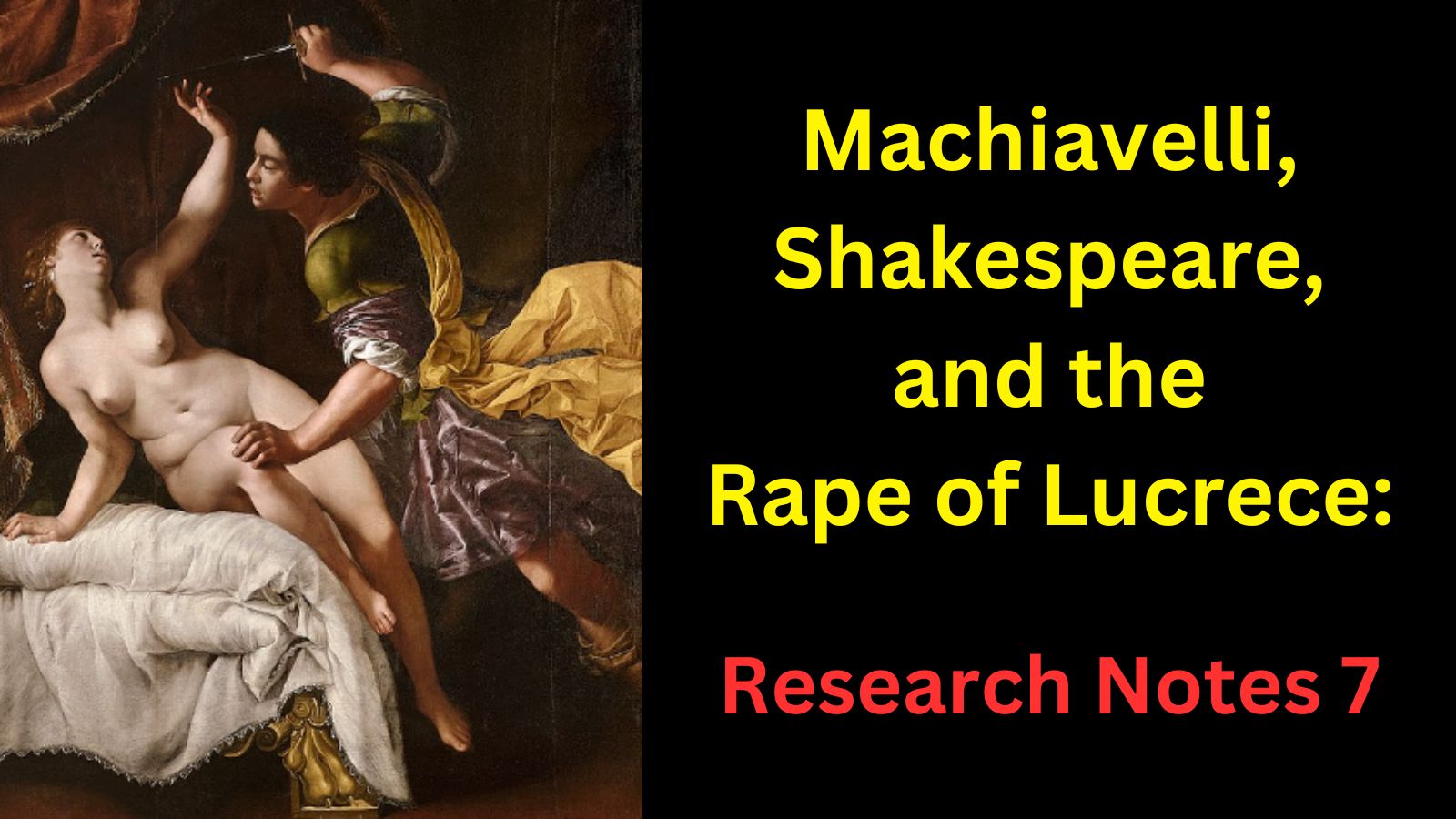
The theme of my paper is on the lines spoken by Brutus in stanza 261, towards the end of the poem:
Thy wretched wife mistook the matter so,
To slay herself, that should have slain her foe.
Today, I checked the various definitions of "wretched" as Shakespeare used it, and looked at every instance of the word in the poem.
I used Alexander Schmidt's "Shakespeare Lexicon and Quotation Dictionary" to check the definitions of "wretched," "wretchedness," and "wretch," all of which appear in the poem, "wretch" appearing just once, in the plural.
Schmidt defines a Shakespearian "wretch" as,
"a miserable creature; a term in which now pity, now contempt, now abhorrence is predominant.
Schmidt offers three definitions of "wretched":
Definitions of "Wretched"
miserable, very unhappy.
sorry, paltry, contemptible.
hateful, abominable.
The first and third definitions include citations from the poem.
Finally, he defines "wretchedness" in Shakespearian usage as,
misery, extreme unhappiness.
Searching for "Wretched" in Lucrece
Next, I went to Gutenburg, copied the poem and pasted it into a Google doc and ran a search for "wretch" to bring up all the variants of the word in the poem.
The search garnered ten results, which I list in order below:
(1) stanza 23, line 161 (Narrator about Tarquin)
When shall he think to find a stranger just,
When he himself himself confounds, betrays
To slanderous tongues and wretched hateful days? [definition 1]
(2) stanza 39, line 269 (Tarquin)
'Why hunt I then for color or excuses?
All orators are dumb when beauty pleadeth;
Poor wretches have remorse in poor abuses;
Love thrives not in the heart that shadows dreadeth:
Affection is my captain, and he leadeth;
And when his gaudy banner is display'd,
The coward fights and will not be dismay'd.
(3) stanza 129, line 900 (Lucrece on “Opportunity”)
'When wilt thou be the humble suppliant's friend,
And bring him where his suit may be obtain'd ?
When wilt thou sort an hour great strifes to end?
Or free that soul which wretchedness hath chain'd?
(4 & 5) stanza 143, line 1,001 (Lucrece on “Time”)
'O Time, thou tutor both to good and bad,
Teach me to curse him that thou taught'st this ill!
At his own shadow let the thief run mad,
Himself himself seek every hour to kill!
Such wretched hands such wretched blood should spill; [definition 3]
For who so base would such an office have
As slanderous deathsman to so base a slave? [slanderous here = “disgraceful, scandalous]
(6) stanza 163, line 1136 (Lucrece to “Philomel”)
'And whiles against a thorn thou bear'st thy part,
To keep thy sharp woes waking, wretched I, [definition 1]
To imitate thee well, against my heart
Will fix a sharp knife to affright mine eye;
Who, if it wink, shall thereon fall and die.
(7) stanza 215, line 1501 (Narrator on Lucrece and “Sinon”)
She throws her eyes about the painting round,
And whom she finds forlorn she doth lament.
At last she sees a wretched image bound, [definition 1]
That piteous looks to Phrygian shepherds lent:
His face, though full of cares, yet show'd content;
Onward to Troy with the blunt swains he goes,
So mild, that Patience seem'd to scorn his woes.
(8 & 9) stanza 238, line 1662 (Narrator about Collatine)
Lo, here, the hopeless merchant of this loss,
With head declined, and voice damm'd up with woe,
With sad set eyes, and wretched arms across, [definition 1]
From lips new-waxen pale begins to blow
The grief away that stops his answer so:
But, wretched as he is, he strives in vain; [definition 1]
What he breathes out his breath drinks up again.
(10) stanza 261, line 1826 (Brutus)
'Why, Collatine, is woe the cure for woe?
Do wounds help wounds, or grief help grievous deeds?
Is it revenge to give thyself a blow
For his foul act by whom thy fair wife bleeds?
Such childish humour from weak minds proceeds:
Thy wretched wife mistook the matter so, [definition 1]
To slay herself, that should have slain her foe.
David Hurley
#InspiredFocus